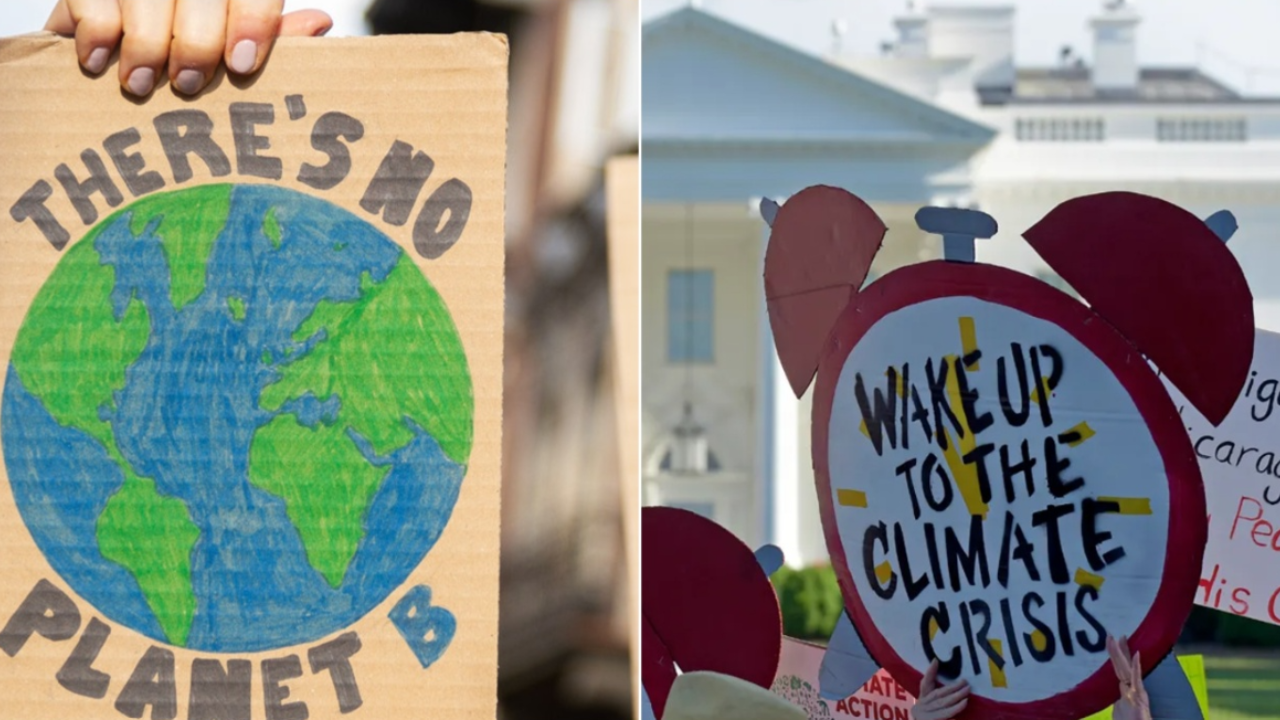Introduction
In recent years, climate justice organizations have intensified efforts to address environmental concerns through legal avenues. However, emerging reports suggest that some of these groups maintain intricate connections with judges and experts involved in climate-related litigation, raising questions about the impartiality and integrity of judicial proceedings.
Examining the Connections
One prominent example is the Climate Judiciary Project, an initiative by the Environmental Law Institute aimed at educating judges on climate science to ensure informed decision-making in related cases. While the project’s mission is to enhance judicial understanding, critics argue that such close interactions may inadvertently influence judicial neutrality.
Potential Conflicts of Interest
The involvement of judges in programs sponsored by advocacy groups can lead to perceived or actual conflicts of interest. The Code of Conduct for United States Judges emphasizes the importance of avoiding impropriety and the appearance of impropriety in all activities. Participation in advocacy-led training sessions could be seen as compromising this standard.
Implications for Judicial Impartiality
Judicial impartiality is a cornerstone of the legal system. When judges engage with organizations that have a vested interest in the outcomes of climate litigation, it may undermine public confidence in the judiciary’s objectivity. This concern is particularly pertinent in high-stakes environmental cases where policy implications are significant.
Broader Implications
The intertwining of climate advocacy groups with the judiciary reflects a broader trend of increased activism within the legal profession. This shift has sparked debates about the appropriate role of judges in addressing complex societal issues like climate change.
Judicial Activism vs. Judicial Restraint
The balance between judicial activism and restraint is delicate. While some argue that judges should proactively address pressing issues such as environmental degradation, others contend that overstepping traditional judicial boundaries can erode the separation of powers and democratic principles.
Global Perspectives
This phenomenon is not confined to the United States. In Australia, for instance, there is a growing movement to establish conservative legal societies aimed at countering perceived progressive judicial activism. Such developments highlight the global nature of debates surrounding the judiciary’s role in societal issues.
Conclusion
The intricate connections between climate justice organizations, judges, and experts underscore the need for vigilance in maintaining judicial impartiality. As climate-related litigation continues to rise, ensuring that the judiciary remains an unbiased arbiter is crucial for upholding the integrity of legal proceedings and public trust in the legal system.
For more insights on the evolving dynamics within the legal profession, explore our in-depth analysis on The Legal Profession’s Giant Lurch to the Left.
See more BBC Express News

